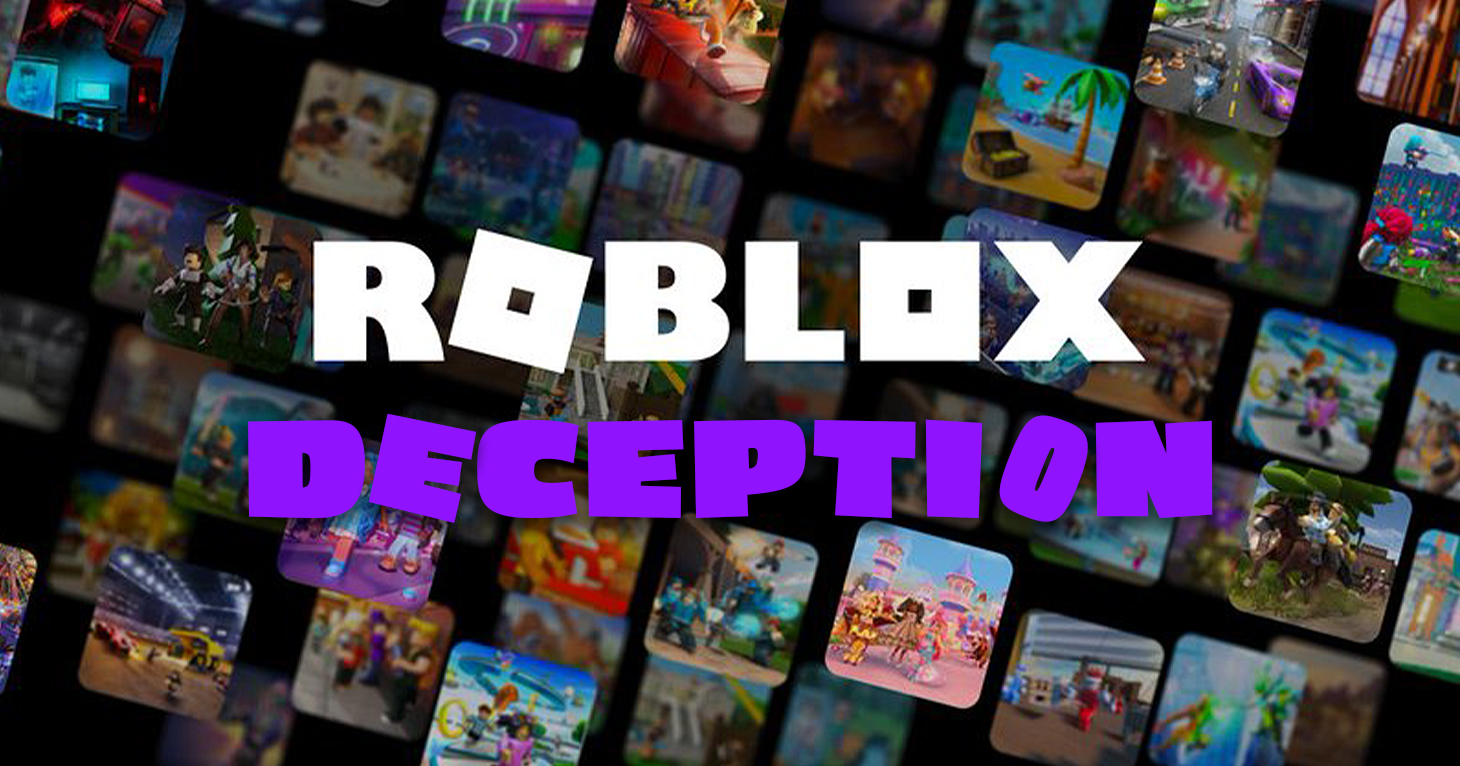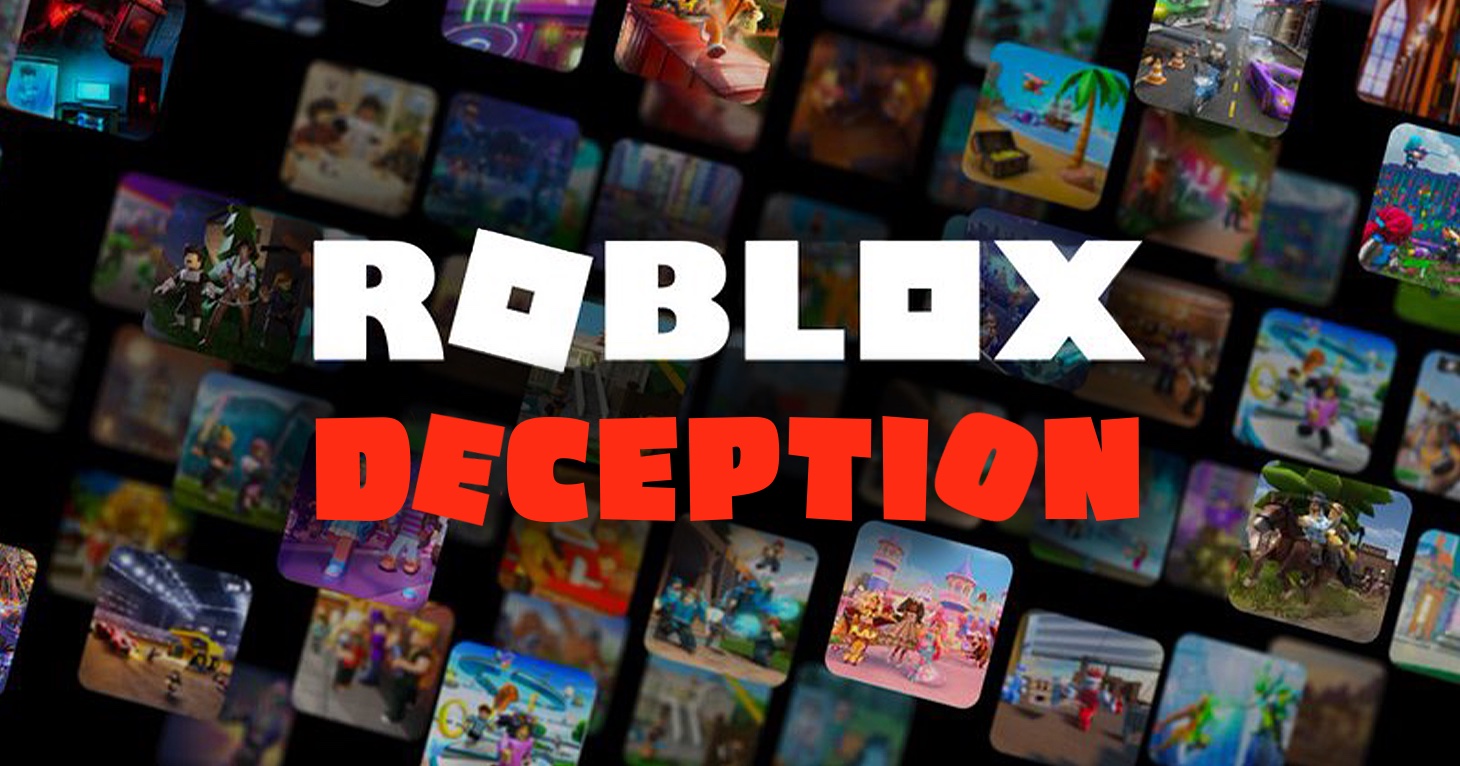
Roblox Consumer Complaints: By the Numbers (Infographic)
A TINA.org analysis of Roblox consumer complaints filed with the FTC.
Look for disclosures when reading or watching reviews online. The pitch could be a paid endorsement.
Gamers who purchased an Xbox One in late 2013 based on a video review they saw on YouTube may feel as if someone entered a cheat code against them with recent news that some purportedly independent reviews on the site were actually paid endorsements.
How did they get on YouTube? According to a complaint and subsequent settlement announced by the FTC, the operator of a popular YouTube network, Machinima, paid others to put them there.
In 2013, in the lead-up to the Xbox One launch, Machinima sought and then cut an advertising deal with Microsoft, the FTC said in a complaint against Machinima.
Machinima promised to leverage its standing on YouTube — where it has more than 12 million subscribers — to recruit influential gaming bloggers to create video reviews that portrayed the Xbox One in a positive light; in fact, that was one of the requirements it demanded of the review, the agency said.
Machinima paid one such gaming blogger, or “influencer,” $30,000 for two video reviews that together racked up more than 1 million hits on YouTube. All told, influencers produced and uploaded more than 300 YouTube videos that generated more than 30 million views in a five-week period in late 2013, the FTC said.
But Machinima never required the influencers to disclose that they were paid for the endorsements, and most of the time the people in the videos didn’t take the step to share that important fact with viewers either, the FTC said.
“In truth and in fact, the video reviews for Xbox One and the Launch Titles did not reflect the independent opinions of impartial video game enthusiasts,” the agency’s complaint said.
Now the company has to change its ways and reveal if an endorser has gotten compensation for the review. So look for those disclosures when reading or watching reviews online. And remember, sometimes the buzz around the release of a new product is un–bee–lievable; that is to say, it’s a paid endorsement.
Find more of TINA.org’s coverage on video games here.
Our Ad Alerts are not just about false and deceptive marketing issues, but may also be about ads that, although not necessarily deceptive, should be viewed with caution. Ad Alerts can also be about single issues and may not include a comprehensive list of all marketing issues relating to the brand discussed.
A TINA.org analysis of Roblox consumer complaints filed with the FTC.
Children as young as four are cited in consumer complaints filed with the FTC.
TINA.org files complaint with the FTC concerning deceptive advertising on Roblox.
